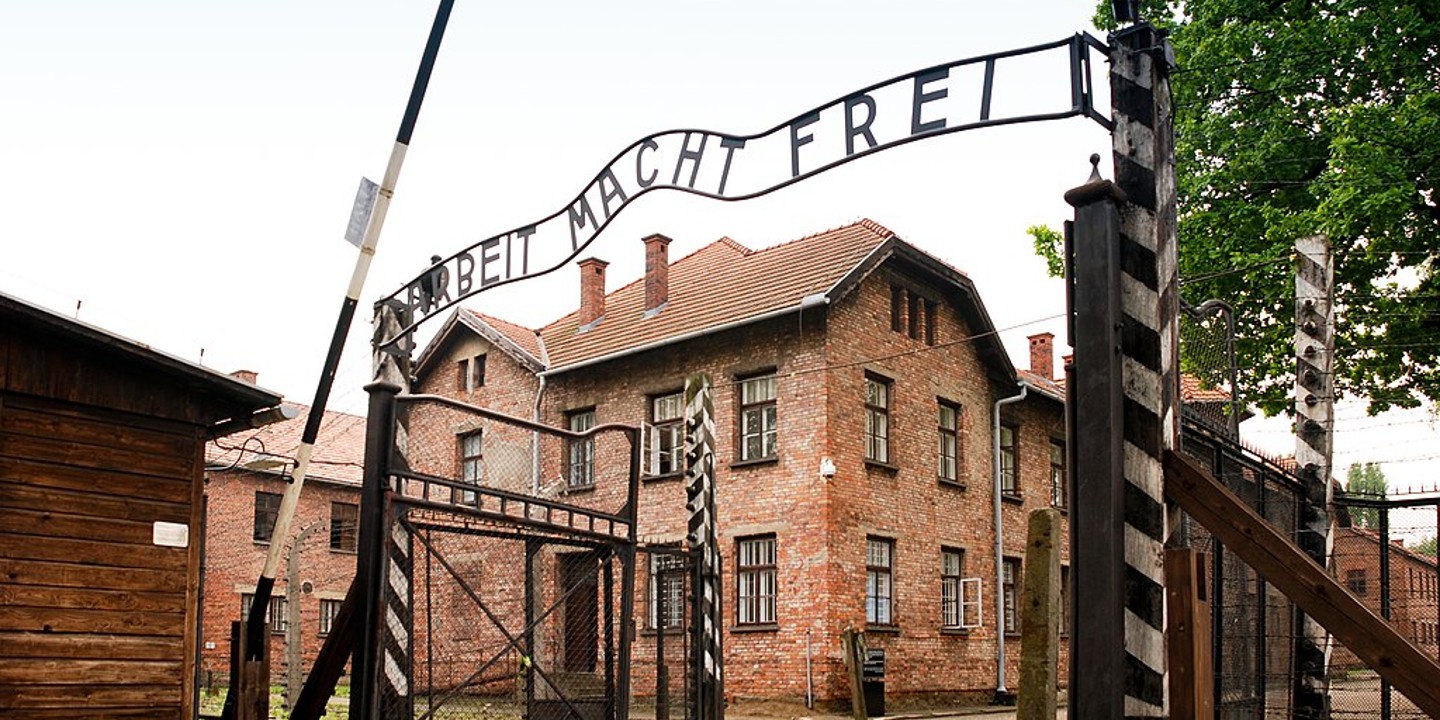Culture In Everyday Moments
Travel often gets reduced to checking off landmarks and sampling dishes with names you can’t quite pronounce. However, cultural tourism offers something far more engaging: the chance to understand how people actually live, work, celebrate, and solve problems within their own communities. Instead of observing from a distance, you become part of the rhythm. So, here are 20 places that make cultural tourism feel genuinely worth the trip.
1. Kyoto, Japan
Kyoto, Japan, is a treasure trove of culture, home to about 17 UNESCO World Heritage Sites, which include the stunning Kinkaku-ji and Ginkaku-ji. As a former imperial capital, this city is also known for preserving Japan’s intangible cultural heritage, including Noh and Kyo-yaki pottery.
2. Oaxaca, Mexico
In southern Mexico, Oaxaca stands as the capital of a state rooted in Zapotec and Mixtec culture. The city comes alive during Día de los Muertos, when streets fill with parades, altars, and color. Beyond festivals, Oaxaca is prominent for its artisanal mastery, as black clay pottery and handwoven textiles fill markets.
 Secretaría de Cultura de la Ciudad de México on Wikimedia
Secretaría de Cultura de la Ciudad de México on Wikimedia
3. Fez, Morocco
Al Quaraouiyine, Fez’s crown jewel, has nurtured scholars since the 9th century, making it the world’s oldest university still in operation. Moreover, Fez’s soul winds through Fez el-Bali Medina—a dense maze of over 9,000 alleyways and a UNESCO World Heritage marvel.
4. Varanasi, India
Cradled along the Ganges, Varanasi draws Hindu pilgrims who come to bathe, pray, or say farewell to loved ones through sacred cremation rites. And at sunset, the Ganga Aarti converts the riverfront into a stage of flickering flames and hypnotic chants.
5. Lviv, Ukraine
Lviv invites exploration through cobblestone streets and centuries of layered history. Its UNESCO-listed historic center showcases a mosaic of Gothic spires, Baroque facades, and Renaissance courtyards. Step into one of its many cafés, and you tap into a literary pulse that has fueled poets and thinkers for generations.
 Lestat (Jan Mehlich) on Wikimedia
Lestat (Jan Mehlich) on Wikimedia
6. Luang Prabang, Laos
Located where the Mekong and Nam Khan rivers meet, Luang Prabang is recognized by UNESCO for its fusion of Buddhist and French colonial architecture. Here, Mekong River cruises offer travelers a firsthand look at the river life that shapes daily routines in this historic town.
7. Cusco, Peru
Once the powerful heart of the Inca Empire, Cusco’s streets now carry layers of Spanish colonial influence, visible in grand cathedrals and plazas. Just beyond, the Sacred Valley and Machu Picchu beckon travelers with ancient wonder.
8. Lalibela, Ethiopia
Carved straight into the earth in the 12th century, the 11 monolithic churches define Lalibela’s spiritual legacy. As a stronghold of Ethiopian Orthodox Christianity, it draws thousands during Christmas pilgrimages. Plus, sacred relics believed to link back to Jerusalem deepen their reverence.
9. Yogyakarta, Indonesia
Known for its devotion to classical Javanese arts, Yogyakarta pulses with creativity and tradition. The Kraton still functions as a hub of royal governance, keeping cultural authority intact. In every corner, artisans shape wax-dyed fabrics in batik studios and craft intricate shadow puppets for wayang performances.
10. Matera, Italy
Matera tells its story in stone, where the Sassi cave dwellings have sheltered life since the Paleolithic era. These ancient homes, part of one of Europe’s oldest inhabited settlements, earned UNESCO status for their enduring legacy.
11. Samarkand, Uzbekistan
Samarkand’s Silk Road legacy flows through every detail, merging Persian, Mongol, and Islamic influences. This fusion comes alive at Registan, where three ornate madrasahs face one another in perfect symmetry. Besides, traditional crafts continue nearby, and bazaars grow livelier during Navruz celebrations.
12. Quebec City, Canada
As the only walled city north of Mexico, Quebec City cradles centuries of history within its stone fortifications. Its cobblestone streets, framed by 17th-century buildings, echo with tales of French explorers and fortified traditions. Moreover, the city dazzles in winter during its famed carnival, where ice sculptures glisten.
13. Hoi An, Vietnam
This UNESCO-listed ancient town enchants with its preserved merchant houses and centuries-old temples. Every full moon, the Lantern Festival sets the town aglow, reflecting its spiritual roots and cultural rhythm. And when the sun dips, boat rides along the lantern-lit river complete the beauty of this town.
14. Ubud, Bali
This Balinese town pulses with artistry, where dance performances and vivid paintings aren’t just traditions but daily expressions. Interestingly, temple festivals like Galungan and Kuningan bring entire communities together in vibrant ceremonies, weaving devotion into celebration.
 Isabel Sommerfeld on Wikimedia
Isabel Sommerfeld on Wikimedia
15. Lhasa, Tibet
High in the Himalayas, Lhasa feels closer to the heavens in every sense. As the spiritual center of Tibetan Buddhism, it draws pilgrims and seekers to the iconic Potala Palace and sacred Jokhang Temple. And during Losar, the Tibetan New Year, ancient customs come alive in colorful, heartfelt celebration.
16. Tbilisi, Georgia
Wine still ferments in buried clay jars, just as it has for 8,000 years in Tbilisi. Puppet shows and polyphonic songs animate evenings, while sugras turn meals into performances, and converted factories now pulse with the bold spirit of Georgian creativity.
17. Cartagena, Colombia
Cartagena sweeps you into a living museum the moment you pass through its fortified gates. Inside the Walled Old City, colonial architecture whispers of conquistadors and revolutionaries. But it's the Afro-Caribbean spirit that truly electrifies the place.
18. Gjirokastër, Albania
Situated along the slopes of the Drino Valley, Gjirokastër’s gray-shingled Ottoman homes have earned it a UNESCO nod. This is the hometown of literary giant Ismail Kadare, and every five years, the town celebrates the rhythms of the National Folklore Festival to celebrate Albania’s soul through traditional iso-polyphonic music.
19. Bhaktapur, Nepal
Bhaktapur stands as one of the three historic city-states in Nepal’s Kathmandu Valley, known for preserving Newar traditions in daily life. At its center, Durbar Square displays royal architecture with pagodas, the 55-Window Palace, and ceremonial baths.
20. Shiraz, Iran
Shiraz brings together history, literature, and art in a way few cities do. Visitors often begin at the tombs of Hafez and Saadi, where Iran’s most celebrated poets are honored and read. Not far away, the Nasir al-Mulk Mosque draws attention with its stained glass windows casting multicolored patterns across stone floors.

























